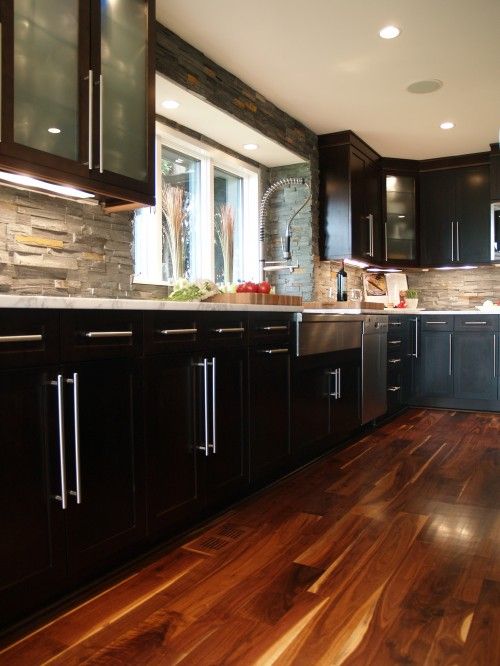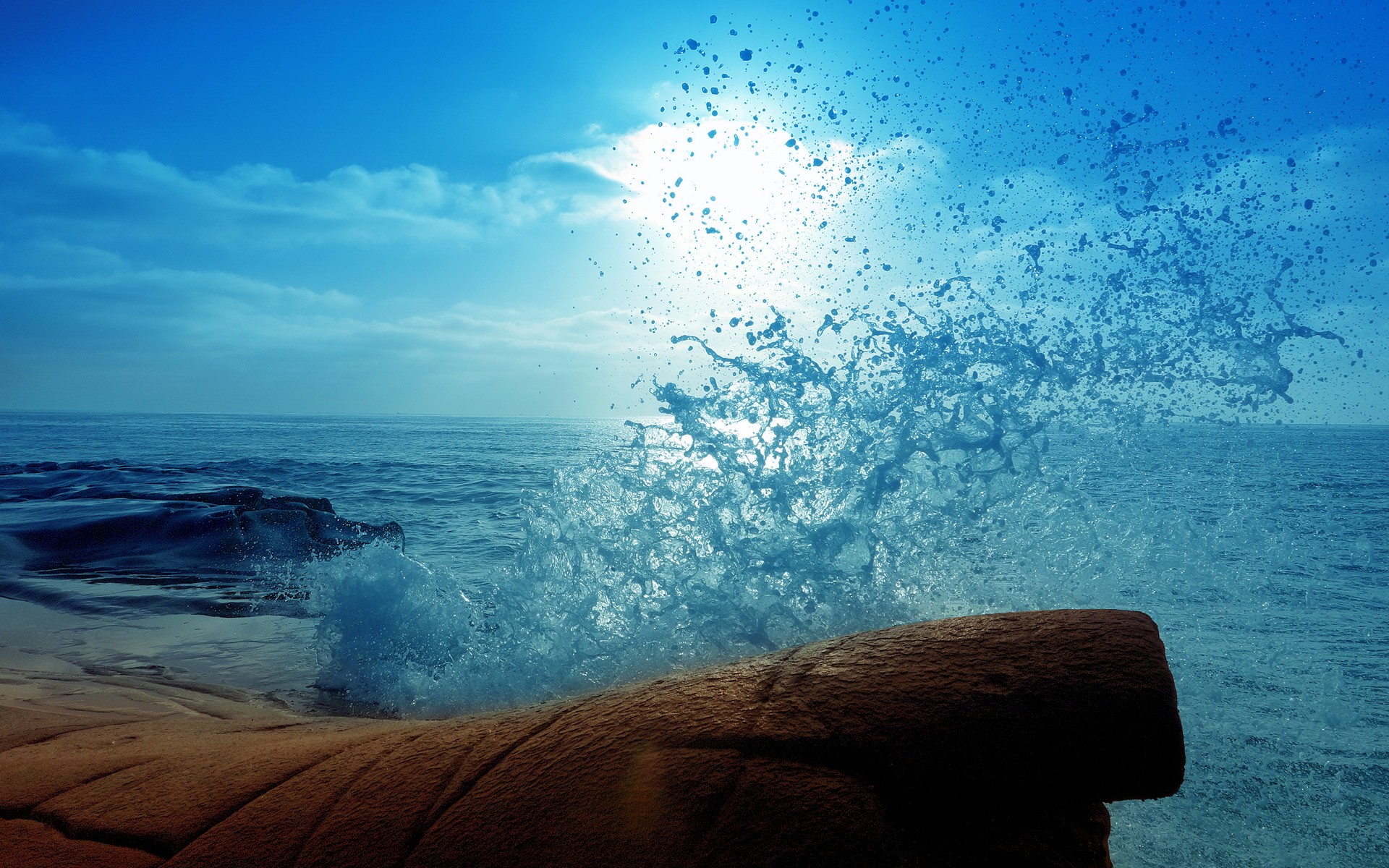
We recommend setting blacks to -100 and applying the adjustments brush to avoid the subjects (if there are any – like fruits or berries). Luminar and Aurora HDR can take your water droplet photography to the next level. Despite the time and effort you took to get flawless snaps, your raw images will probably need retouching in photo editing software. Choose the best water drop photographs and start the creative and essential part of the process. When you finally have your shots, put the icing on the cake. You can also color milk with a bit of yellow food dye and have colored gels on the flashes to get multi-colored drops. The colors on the water drop background come from various plastic gels on the flashguns or else from colored overhead planes, which you can design and print yourself. Make splashing water colorfulĭrops are usually colored with food dye. Experiment and choose the most suitable liquid. Using milk results in amazing photo effects. You can add a few drops of cream to thicken it so that the drops get finely formed shapes. When it comes to milk, go for fat-free milk. Alternatively, you can use xanthan gum, in which case you’ll need less and it will be easier to strain.

The recipe is simple: put about 1/8 of a teaspoon of guar gum in two cups of warm water, stir well, and strain thoroughly with a coffee filter, as it will be really lumpy. You can find guar gum at any grocery store. But it’s best to use guar gum – it will keep the water splashes clear, unlike glycerine or sugar. If you’re using water, you can add glycerine or dissolved sugar to make it thicker. Photo by Sergey Yurlovsky Use water or milk For milk drops, place your flashguns on either side of the drop and above it.
Photo splash iso#
The recommended settings are ISO 100–200, an exposure of 0.05 seconds, and an aperture of f/14, which lets in enough light and provides enough depth of field.įor a water splash, try three flashguns behind the acid-etched glass for even distribution of light. It’s critical to balance the lighting for an effective water splash photoshoot. This will prevent ambient light and make the drop of water clearer. Make sure you don’t have any other source of light except the flashes. So the flashes should fire at around 1/20000–1/30000 of a second. It’s the flash speed that freezes the motion. It’s best to have your exposure set to 0.05 seconds to allow some time for the process. This opens the shutter on your camera, drops the preset number of drops successively, lights the flashes, and then closes the shutter. When all settings are adjusted, activate the shutter button.



Using all of this together with Drip Kit, you’ll get desirable results more easily. If you already have a macro lens, it’s a bonus.įor the ultimate results, you’ll need at least a 100mm macro lens, a DSLR camera, off-camera flashguns with a wireless trigger or extension cable, and a programmable controller and intervalometer for special photo effects called the Mumford Time Machine. To get started, you can try to capture a drop of water using a medicine dropper and the built-in camera flash. It’s hard to get perfect water drops, but you can reach for the stars with these ultimate tips. Achieving ideal water splashes requires practice, experimentation, and patience. Finally, they realize it’s not that simple. Many beginners spend lots of time to get a few photos of a drop of water that are worth viewing.


 0 kommentar(er)
0 kommentar(er)
